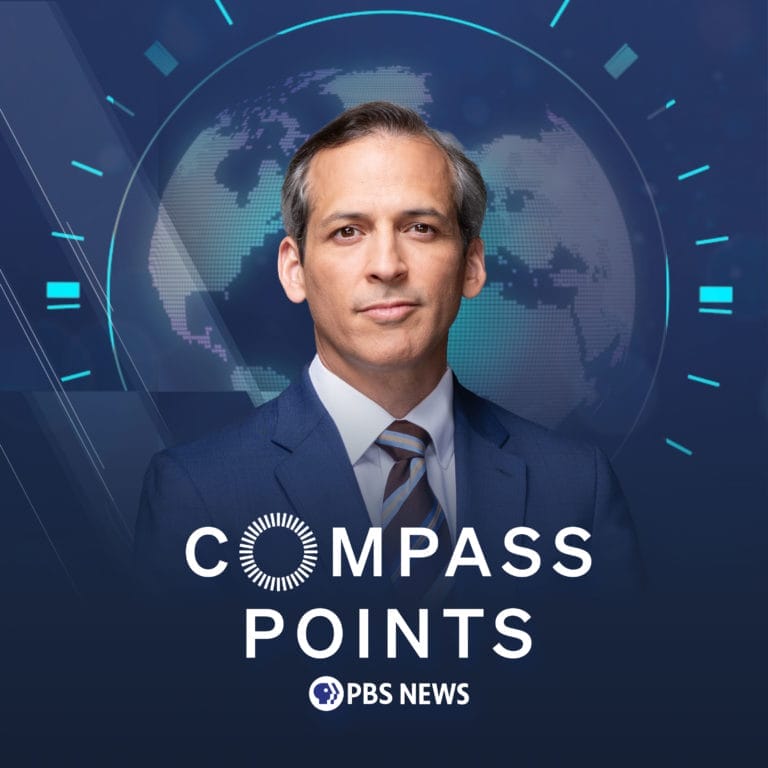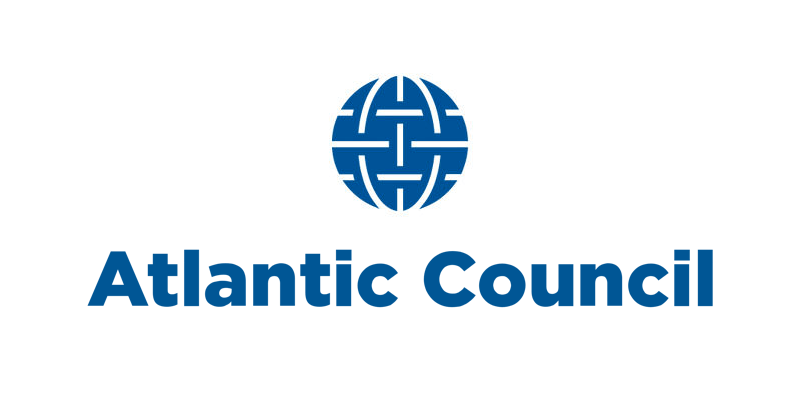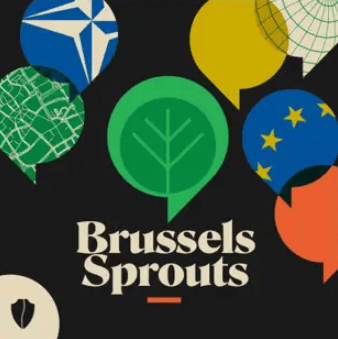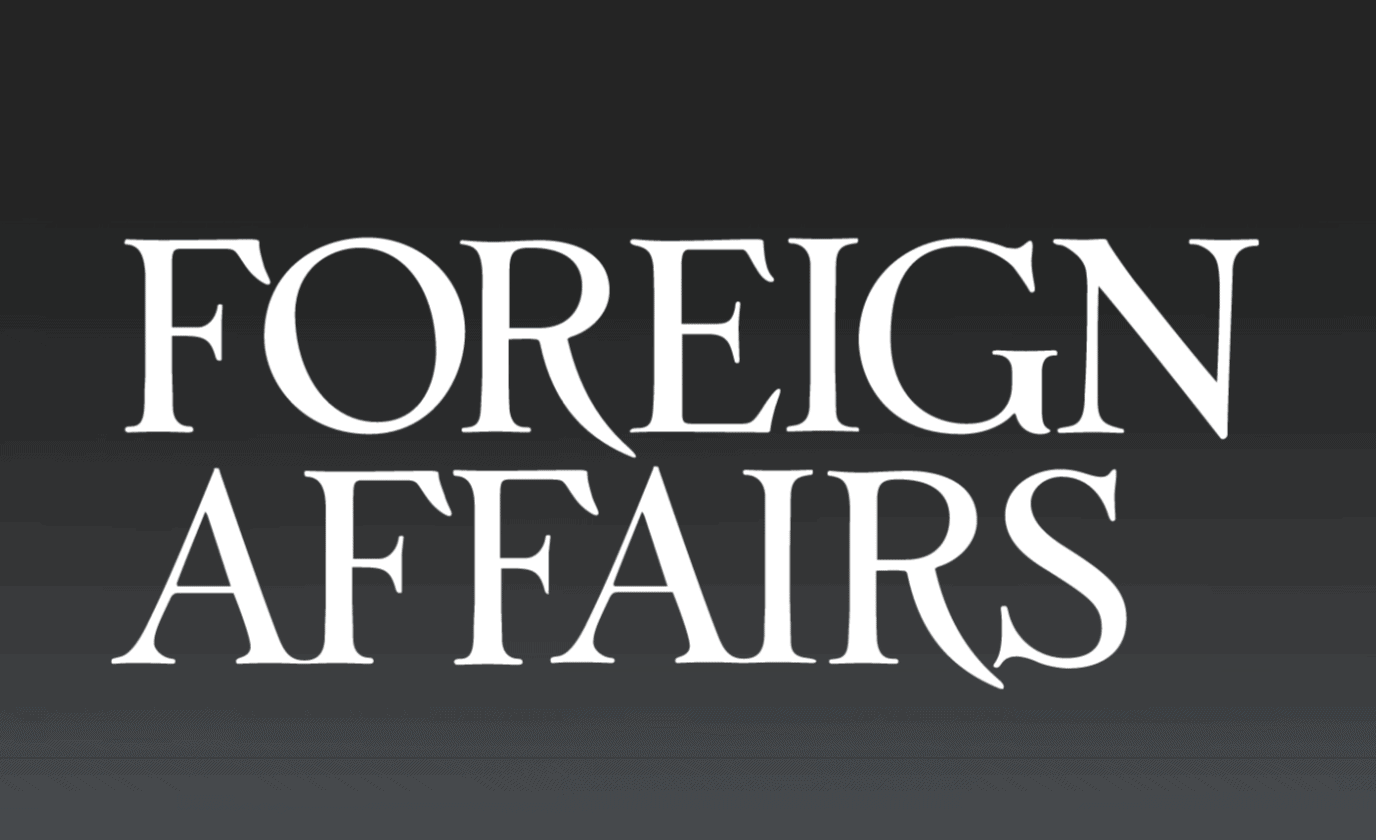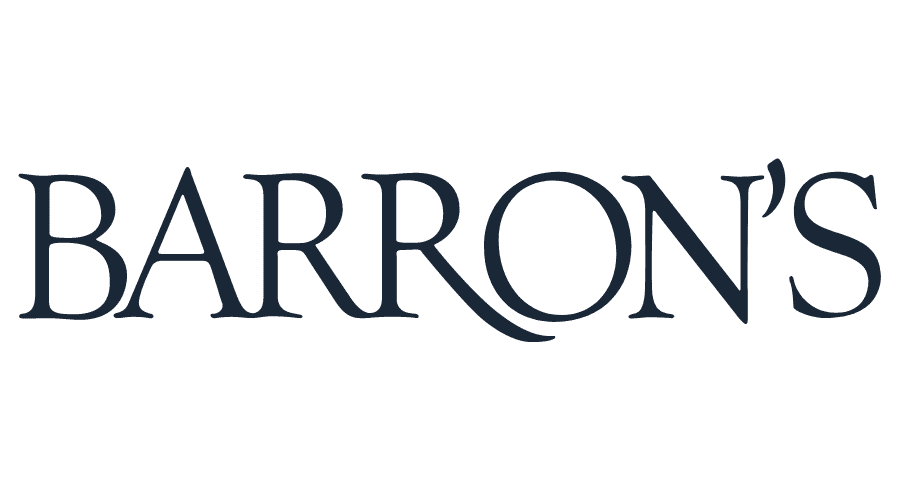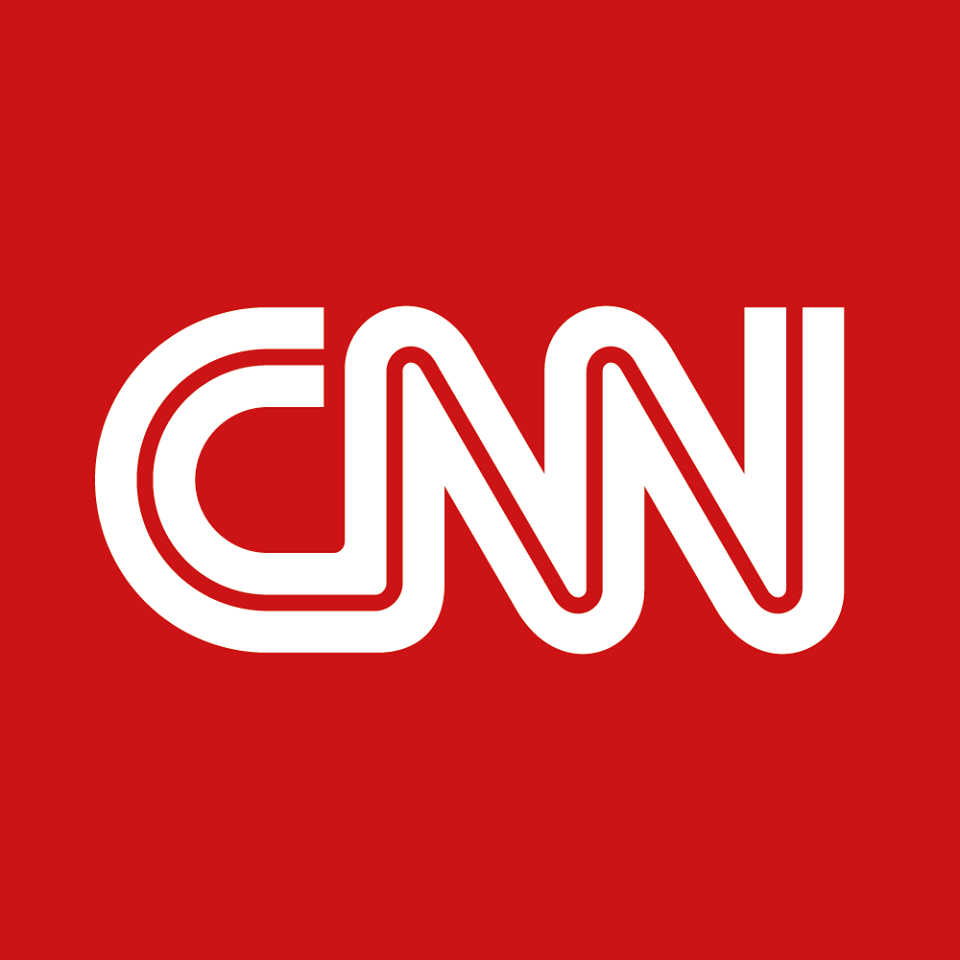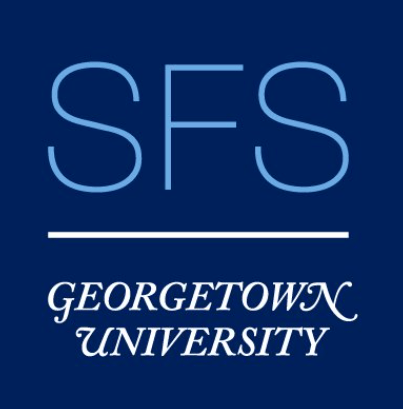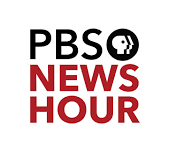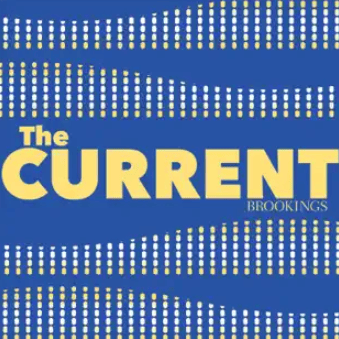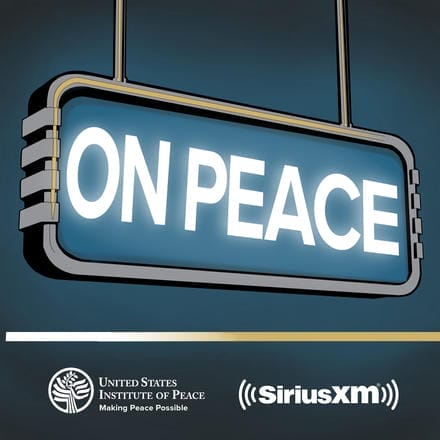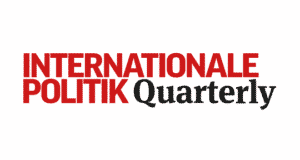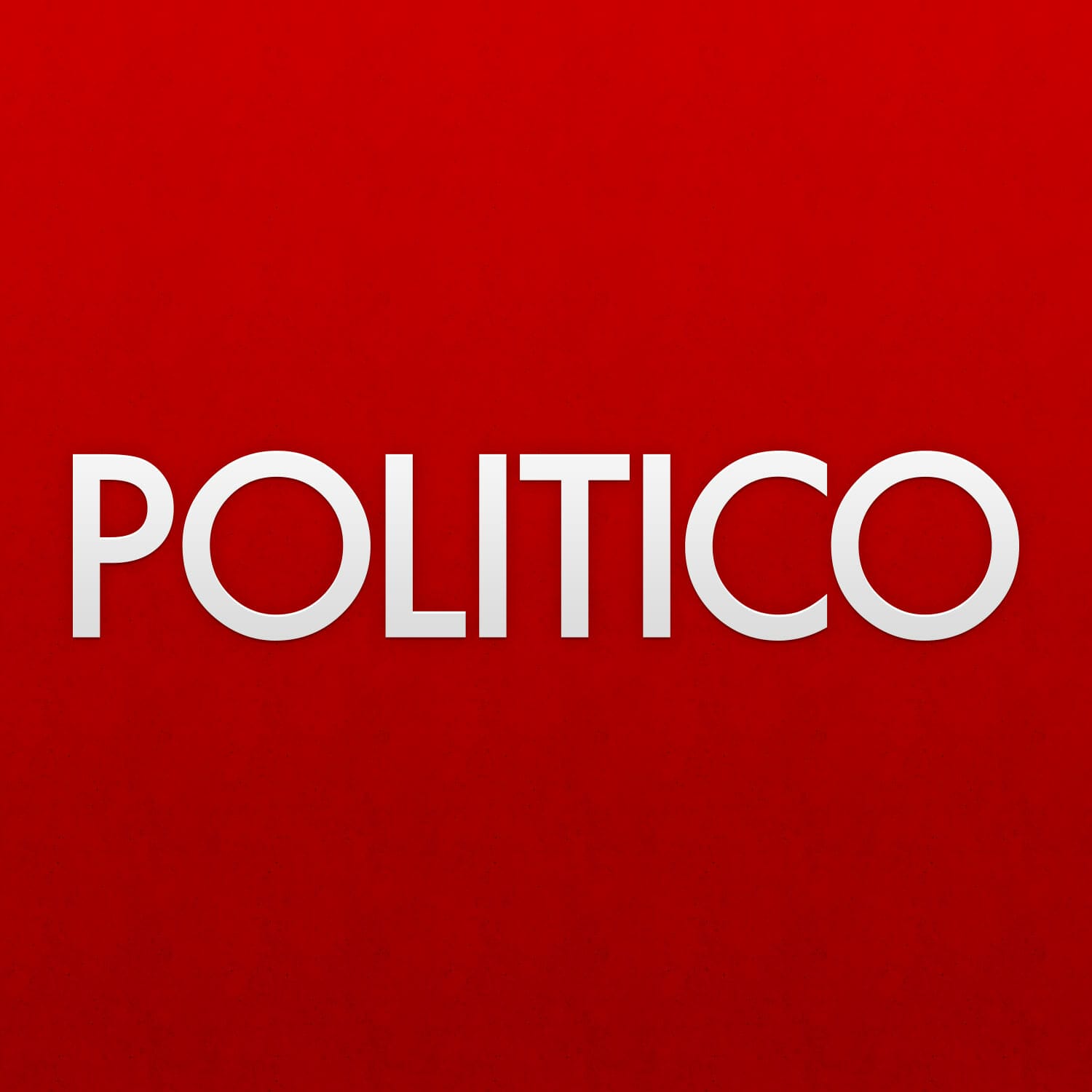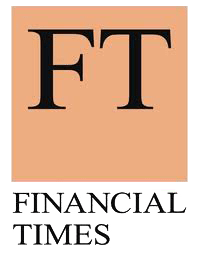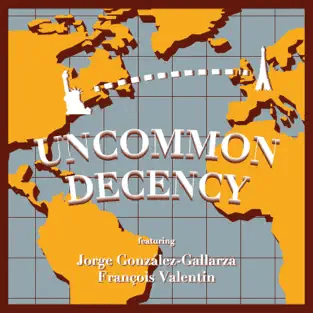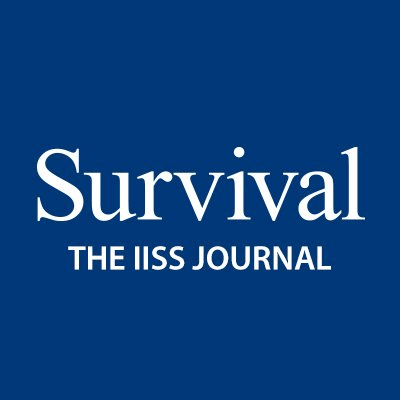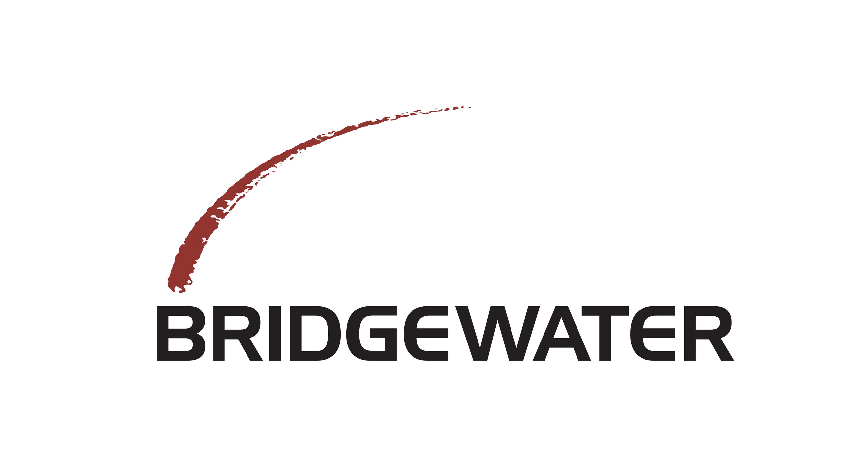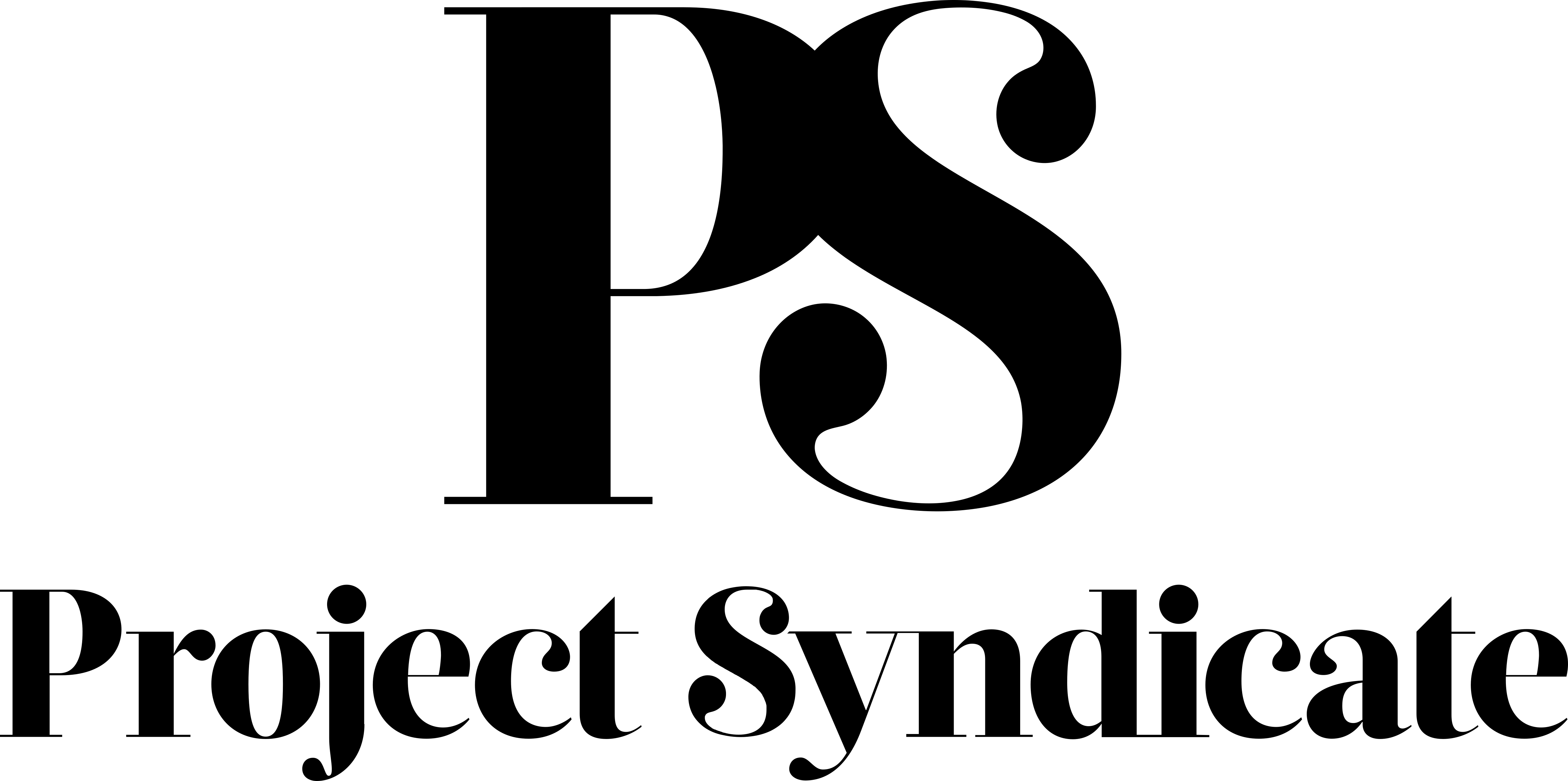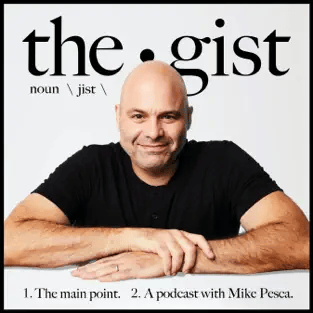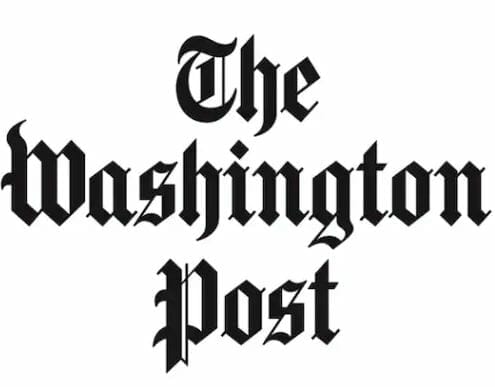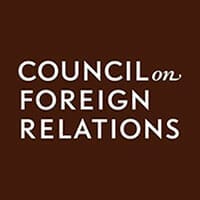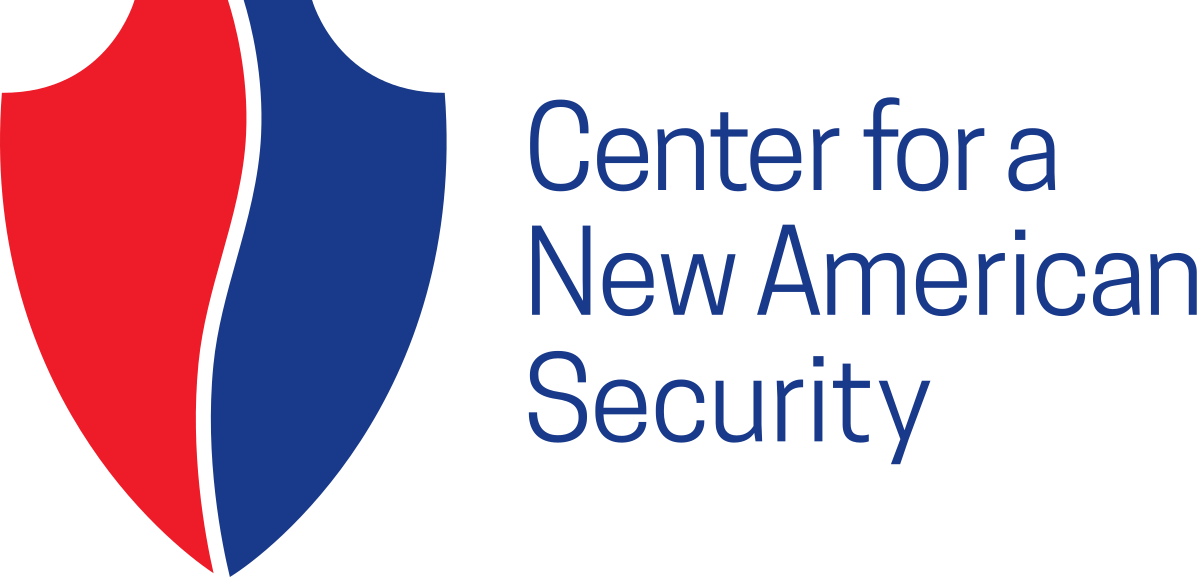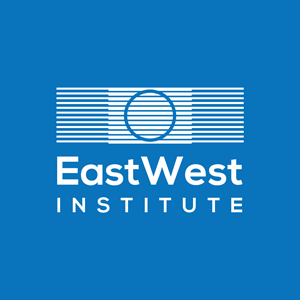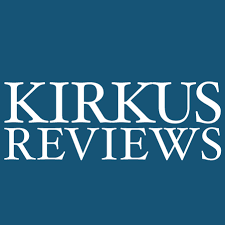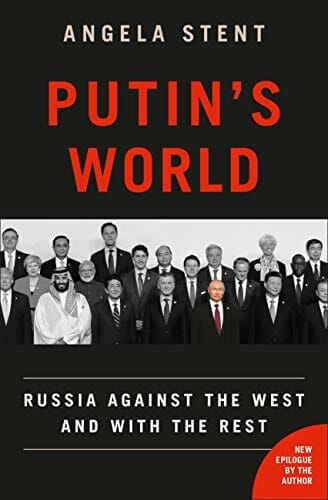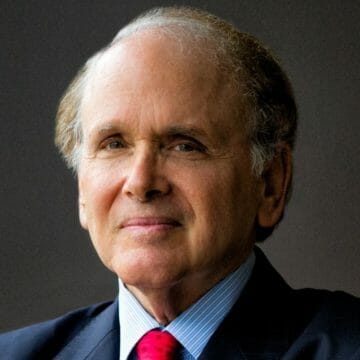Videos
Learn More About Angela Stent
A go-to person in a time of crisis, Angela Stent, Ph.D., is a dynamic speaker who connects with her audience, whether it is a small group of decision-makers, a board, or a larger audience. Regarded as one of the leading experts on Russia and its foreign policy, her deep scholarship in Russian history and politics since the Soviet era enables her to envision future scenarios, giving leaders an exclusive view of the end results that may affect business in the United States and Europe.
Stent’s book, updated in 2022, “Putin’s World: Russia Against the West and with the Rest” (Twelve, 2019), is described by William Burns, former CIA director and former deputy secretary of state, as “the definitive guide to understanding the tangled history of post-Cold War Russia… could not be more timely.” Her prescient view of emerging multifaceted geopolitical conflicts won the Fletcher School of Law and Diplomacy’s prize for the best book on U.S.-Russian relations, and was called a “brilliant exposition of Putin’s strategy” by former Secretary of State Madeleine Albright.
As a senior fellow at the American Enterprise Institute (AEI) and a former nonresident senior fellow at the Brookings Institution where she co-chaired the Hewitt Forum on Post-Soviet Affairs, Stent’s understanding of Russia goes beyond conventional political analysis, and she frequently appears on CNN, NBC, Bloomberg, PBS and the BBC.
In “Putin’s World” and in her engaging keynotes, Stent dissects the Russian president’s goal to reinvent his nation with an eye toward how this would affect “the west and the rest.” “To understand Putin’s world,” she argues, “one has to start with the history, geography and culture that shaped it.”
Fluent in Russian, her access to Putin and other senior Russian officials during annual meetings of the Valdai International Discussion Club has allowed her to see around corners, sharing important insights with leaders who are looking to better understand Russia’s relations with the US, Europe and Asia. Her previous book, “The Limits of Partnership: U.S. Russian Relations in the 21st Century” (Princeton University Press, 2015), was described as “magisterial” by The Economist and was honored by the American Academy of Diplomacy in 2014 as “the best book on the practice of American diplomacy.”
Looking to the future, Stent pushes leaders to be fully prepared for the unpredictable. “Just as Putin’s judo mastery has taught him how to prevail against a distracted opponent, the West should be prepared for surprises and agile enough to respond to them,” she warns. “In Putin’s world, it is prudent to expect the unexpected.”
# # #
Angela Stent, Ph.D., is a senior fellow at the American Enterprise Institute (AEI) and served as a senior non-resident fellow at the Brookings Institution where she co-chaired the Hewitt Forum on Post-Soviet Affairs. She formerly directed the Center on Russian, Eurasian, and East European Studies at Georgetown University where she was professor of government and foreign service. She has served as National Intelligence Officer for Russia and Eurasia at the National Intelligence Council. She also served in the Office of Policy Planning at the U.S. Department of State.
Stent was a member of the senior advisory panel for NATO’s supreme allied commander in Europe for Admiral James Stavridis and General Philip Breedlove. She is a member of the Council on Foreign Relations. She is a contributing editor to Survival and is on the editorial boards of the Journal of Cold War Studies, Internationale Politik, and Post-Soviet Affairs. She has served on the World Economic Forum’s Global Agenda Council for Russia and Central Asia. She was a trustee of the Eurasia Foundation.
Stent received her bachelor’s from Cambridge University, her master of science with distinction from the London School of Economics and Political Science, and a master’s and doctorate from Harvard University.
Angela Stent is available to advise your organization via virtual and in-person consulting meetings, interactive workshops and customized keynotes through the exclusive representation of Stern Speakers & Advisors, a division of Stern Strategy Group®.
What Drives Putin? Russia Against the West and With the Rest
Over the last decade, Russia has reemerged as a geopolitical power player. By flexing its military and political muscles beyond its borders, Russia has rebuilt its status as a force to be reckoned with, both among its neighbors and the rest of the globe. How has Russia managed to play what we perceive as a weak hand so effectively? What is Russia’s relationship with other key global powers, and how can those relationships affect the course of doing business around the world? As a leading expert on Russia, its foreign policy and Russian President Vladimir Putin himself, Angela Stent, Ph.D., has the answers to these questions. “One of Putin’s greatest goals is to assure Russia is treated as if it was still the Soviet Union,” she relates. “The goal would be to create a new tripartite system, where the United States, Russia and China agree to divide the world into spheres of influence.” Informed by decades of deep scholarship in Russian history and geopolitical relations, in addition to personal access to Putin as a member of the Valdai Discussion Club since 2004, Stent is among the few in the world qualified to forecast Russia’s endgame. In her fireside chats and engaging keynotes, Stent pulls key concepts from her award-winning books, “Putin’s World: Russia Against the West and with the Rest” and “The Limits of Partnership: U.S.-Russian Relations in the Twenty-First Century,” to reveal the Russosphere’s motivations, global strategy and ultimate goals.
Scenarios for the Future of Russia
The Russian invasion of Ukraine has become an ongoing hornet’s nest of tension and uncertainty. As aggression increases, individuals and businesses with associates in Russia and Ukraine find themselves stressed, anxious and unsure of the future. Leaders can reduce the stress that comes with the uncertainty of war by preparing for likely future geopolitical scenarios. Informed by decades of deep scholarship into Russia’s history, goals and motivations, Angela Stent, Ph.D., delivers accurate projections for Russia’s future, helping leaders prepare for what seem like erratic political, economic and military dynamics. Her award-winning book “Putin’s World: Russia Against the West and with the Rest,” published in 2019 and updated in 2022 to include a chapter on the origins and consequences of the Russia-Ukraine war, correctly characterized Russian President Vladimir Putin as personally motivated to restoring Russia to its former expanded Soviet borders. “At some point Putin will no longer be in the Kremlin,” Stent explains. “There will be other people and there might be more opportunities for dialogue later on.” Stent prepares leaders and individuals for these opportunities in her fireside chats and presentations, answering questions, reducing uncertainty and restoring hope for the future.
The Changing Nature of Geopolitics
Russia’s role as a disruptor on the geopolitical playing field can no longer be denied. As Russia seeks to exploit division between “the west vs. the rest,” how can leaders gain a clear view of where everyone stands? As one of the leading experts on Russia and its foreign policy, Angela Stent, Ph.D., seeks to inform leaders and organizations about Russian President Vladimir Putin’s goals – and the important global connections he’s nurtured to help him obtain them. “Putin’s ‘judoist’ strategy is adept at seizing opportunities presented by a divided and distracted West,” she reveals. Especially relevant to business owners with ties south of the U.S. border is Stent’s caution regarding Russia’s increasingly warm ties to Mexico. “For the past decade, Russia has been cultivating ties with countries in the Middle East, Asia, Latin America and Africa,” Stent warns. “Even in the United States’ own backyard, Russia has its cheerleaders.” Expanding on concepts introduced in her two award-winning books, “Putin’s World: Russia Against the West and with the Rest” and “The Limits of Partnership: U.S.-Russian Relations in the Twenty-First Century,” Stent incorporates current events into her engaging fireside chats and keynotes, bringing awareness to Russia’s successful outreach around the world and the impact those connections can have on our future.
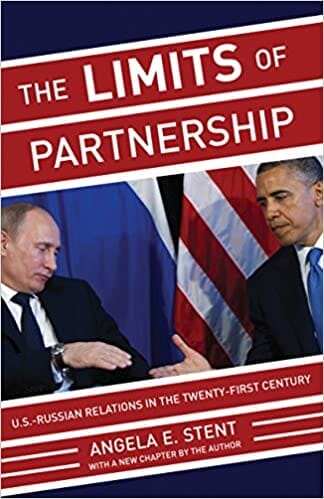
The Limits of Partnership: U.S.-Russian Relations in the Twenty-First Century
(Princeton University Press, March 2015)

From Embargo to Ostpolitik: The Political Economy of West German-Soviet Relations, 1955-1980
(Cambridge University Press, October 2003)

Russia and Germany Reborn: Unification, the Soviet Collapse, and the New Europe
(Princeton University Press, December 1998)
“Informed by its author’s distinguished career in government and academia, this account of Russian President Vladimir Putin’s worldview provides an important window into one of the key geopolitical challenges of our time. Casual observers and seasoned experts will benefit from Dr. Stent’s brilliant exploration of Putin’s strategy and its disturbing implications for the West.”
“Like the judo player he once was, Vladimir Putin has figured out ways to assert Russian power despite his nation’s weakness. Understanding how he does it is crucial to America, and Angela Stent’s deeply knowledgeable and readable book provides brilliant insights.”
“‘Putin’s World’ offers a timely 21st century update on George Kennan’s Long Telegram. Russians understand their country through history, geography, empire-and stories of ‘great men.’ Angela Stent deftly explains how Putin’s version of Russian exceptionalism has been redrawing maps of power in Eurasia and beyond. In an era of strongmen who are seeking a new concert of power, Stent offers the wise perspective that we should consider Russia as it is, not as we might wish it to be.”
“From one of the leading experts on Russian foreign policy, ‘Putin’s World’ is a highly engaging, comprehensive overview of Moscow’s international relations. Angela Stent deftly explains Russia’s complex role at a fraught moment in history, drawing deeply on the country’s history, culture, and other key factors determining Russians’ conceptions of themselves and the world.”
“‘Putin’s World’ is the definitive guide to understanding the tangled history of post-Cold War Russia and its place in the world. Angela Stent offers a thoughtful, sober, and elegantly-written perspective that could not be more timely.”
“[Stent] counsels strategic patience and preparedness ― and suggests that it would be wise to expect the unexpected.”
“Stent expertly walks readers through Moscow’s relations with every region in the world, avoiding the hysteria that warps discussion of the country. Aware that too many books about Russian foreign policy arrive instantly obsolete because they lack a foundation in history or political culture, Stent opens with those subjects…and the book culminates in a clear-eyed portrayal of the inescapably troubled U.S.-Russia relationship.”
“An incisive exploration of ‘how and why Russia has returned to the world stage’… [Stent] offers a deeply informed look at why Russia, directed by President Vladimir Putin, persists in behaving in what the West regards as an exceedingly maddening, paranoid, and often aggressive manner… A compelling historico-psychological work delineating how the West should respond to Russia going forward.”
“Winner of the 2014 Douglas Dillon Award, American Academy of Diplomacy” “Listed on the 2017 War on the Rocks Holiday Reading List” “One of Bloomberg Businessweek’s Best Books of 2015, chosen by Daniel Fuss” “One of Bloomberg Businessweek’s Best Books of 2014, chosen by Dan Fuss” “In her largely chronological account of U.S.-Russian relations since 1990, Ms. Stent gives a comprehensive overview of the obstacles that have prevented a closer relationship.”
“Stent . . . expertly condenses the past two decades of this tumultuous relationship with an insider’s command of detail.”
“[M]agisterial.”
“[Stent’s] compelling book provides perhaps the most comprehensive and sober ― as well as sobering ― assessment of relations across the past two decades.”
“[L]ucid. . . . [R]eadable and sometimes surprising.”
“In ‘The Limits of Partnership,’ Stent . . . clearly and carefully lays out the contentious issues that have divided the United States and Russia since the end of the Cold War.”
“Until now, there have been no broad-based studies of the vexed contemporary U.S.-Russian relationship in English ― or, for that matter, in Russian. This volume fills that void admirably.”
“Truly outstanding.”
“[An] insightful and balanced assessment of two decades of post-Soviet interaction between Washington and Moscow. . . Stent draws many useful lessons from the ups-and-downs in the U.S.-Russian relationship.”
“In her magisterial new book ‘The Limits of Partnership,’ Angela Stent performs a great service by showing that the end of the Obama Reset is only one part of a much broader pattern that goes back to the end of the Soviet Union.”
“Where Stent’s narrative truly excels . . . is in presenting the Russian side of the story. It does not fall victim to the understandable temptation to mock Yeltsin or Putin, but rather treats Russia as a U.S. partner with legitimate grievances. This is a particularly worthwhile contribution.”
“‘The Limits of Partnership’ is a comprehensive and objective history and analysis. While dealing with the detailed complexity of the many issues involved, it does so in a clear, straightforward style. Although written before the present Ukrainian crisis, it is an indispensable source for understanding why this crisis has worsened our relationship with Russia.”
“A descriptive and integrative type of work, ‘The Limits of Partnership’ contributes to a renewed understanding of the legacy of the Cold war, of the cultural mechanisms underlying its practices, the ebb and flow, the meanderings and limitations of ideology, viewed in transnational perspective. Stent’s is, without doubt, a particularly apt and timely undertaking, one whose pertinence is fully probed by the crisis in Ukraine that sparked a proliferation of discourse on the ‘new Cold War.’ This is certainly a cogent political analysis of the postcommunist architecture in Europe as it profiles itself at this juncture in the twenty-first century.”
“This is a remarkably even-handed account, in the best kind of way; it explains how each side has understood the serial breakdowns, and explains how the misperceptions on either side have allowed them to happen.”
“Written prior to Russia’s moves against Ukraine in spring 2014, Angela Stent’s clear and dispassionate analysis of U.S. relations with Russia since the end of the Cold War is a welcome primer to understanding the events that unfolded. . . Stent does a masterful job explaining the different positions in the two countries.”
“The book’s strengths include clarity of presentation, attention to important details, knowledge of specific relevant contexts, and logical organization of material. It is written for pundits, policymakers, and the general public. . . [T]his is a solid and balanced narrative of the two countries’ relations.”
“Her real-world experience shines through her analysis, lifting this book beyond a typical academic history of events. Stent’s insights are especially timely and useful given the sharp deterioration of the U.S.-Russia relationship in 2014, because she tells us how we got here.”
“It is a highly informative and urgent book that anyone interested in US-Russia relations will want to read.”
“Angela Stent has written an enlightening, well-informed and ― above all ― a measured and balanced account of relations between the USA and Russia, from the downfall of the Soviet Union to the present day.”
“Stent’s analysis is invariably fair-minded and knowledgeable.”
“In view of current discussions, etc., with Russia in regard to the Middle East, this book is quite helpful.”
“Drawing on her depth of knowledge as a Russia scholar and sharp insights gained as an intelligence analyst, Angela Stent has written a page-turning book about U.S.-Russian relations since the end of the Cold War. A must-read for anyone engaged in the study or practice of this critical bilateral relationship.”
“Angela Stent has written a comprehensive, thoughtful, and tremendously useful study of post-Cold War relations between Russia and the United States. She uses interviews with key actors in Russia and the United States and a host of other fresh sources to examine the unpredictable ups and downs of what remains the most important bilateral relationship in international relations in the twenty-first century. This is a must-read for anyone concerned about global affairs now and in the future.”
“Angela Stent has done the seemingly impossible: from the maelstrom of the past two decades she’s distilled the essence of modern Russia and its complex relations with the United States. The Obama administration’s ‘reset,’ she says, isn’t new; there have been four ‘resets’ in this relationship, by Democratic and Republican administrations, with mixed results. Using her extraordinary decades-long experience as scholar and government insider, along with her trenchant analysis of what makes Russia’s foreign and domestic policy tick, Stent explains what has worked, what has not ― and why. The U.S.-Russian relationship will remain a limited partnership, she predicts, until the bonds of Cold War thinking ― on both sides ― can be broken.”
“This is the first book to cover the full sweep and complexity of U.S.-Russian relations since the end of the Cold War. It is likely to remain the best work on the subject for a long time to come. Stent brings to the saga a narrative verve and personal knowledge of many of the main characters, amassed in her distinguished career as a scholar and government official. A triumph and a major contribution.”
“‘The Limits of Partnership’ offers a comprehensive overview of U.S.-Russian relations since the collapse of the Soviet Union. I know of no other book that explains why the post-Soviet bilateral relationship has never lived up to expectations.”
“Stent’s argument is richly developed, covering a wide swath of the U.S.-Russian bilateral policy agenda and buttressed by a great deal of historical detail, at least some of which will be new to most readers. ‘The Limits of Partnership’ is clearly the product of assiduous research, and profits as well from Stent’s personal experience in the politics of U.S. policymaking toward Russia.”
“After two chapters that recapitulate WWI, WWII, the division of Germany, the Cold War and the era of detente, Stent (“From Embargo to Ostpolitik”), a professor of government at Georgetown, turns her attention to the course of Russian-German relations since Gorbachev ascended to power in Moscow. She emphasizes both the continuity and the unexpectedness in relations between Russia and Germany once Gorbachev’s domestic program of perestroika began to bleed into the realm of foreign affairs. Gorbachev and the Communist Party, she writes, had no intention of facilitating the reunification of Germany, but history outran their capacity to manage events. Meanwhile, Germany, under Chancellor Helmut Kohl and Foreign Minister Hans-Dietrich Genscher, was determined to see unification, whatever the economic cost. Because Russia was beset with conflicts between Gorbachev’s redefined foreign policy and increasing domestic turmoil, Gorbachev and his foreign minister, Eduard Shevardnadze, were forced to make uncomfortable geopolitical concessions in return for German aid. Following events up to the present, with particular focus on the expansion of NATO over the strenuous but impotent objections of Boris Yeltsin into the former Soviet bloc, Stent provides a concise history of Russian-German relations after the Cold War and persuasively argues that, whatever transpires, the relationship between the two countries will be as decisive in shaping the European future as it was in shaping the past.”
“Stent combines a detailed account of Soviet politics and decision-making up to German unification with thoughtful reflection on why this thoroughly unimagined outcome came about. The prose and tale are highly readable, not least because the gap between the scale of the stakes involved and the drift and lameness of Soviet foreign policy is so stunning. But Stent does not stop here. She traces the Russian-German relationship since unification and ponders the place of both countries in a very different Europe.”
“[A] concise, well-written, and illuminating study… Professor Stent is one of the few American scholars who combine expertise on Russia and on East and West Germany… She has made the most of all these strengths to produce a fine, readable, concise yet comprehensive history… A well-rounded and well-researched account of the crucial Soviet-German side of the story.”
“Excellent… Understanding the historic transformation of the German-Russian relationship is reason enough to read Ms. Stent’s intelligent and perceptive book…. Yet the more compelling reason to read it is for its history.”
“This is a book that helps to unravel the puzzle of how the Cold War’s unlikely end came about, and suggests directions for future archival research of how a unified Germany and a post-communist Russia emerged, without anybody paying for these astounding transformations with their lives.”
“A highly accessible and valuable account of the German-Russian relationship. Well researched and enhanced by interviews with leading participants, this book’s ability to bring order to the complexities of a history marked by so much tragedy and so much potential will be appreciated by students and scholars alike.”
“Angela E. Stent deftly takes the reader through the complex events that led to the German reunification. It was never as inevitable as it seemed in retrospect. . .. Much delicate diplomatic work was necessary, and Stent expertly chronicles the twists and turns and the interplay of interests.”
“Stent’s book is a significant contribution to the field of Soviet-German relations. Her knowledge of Russian and German is a major asset that allows her to use a wide variety of materials that add much to our knowledge of German and Russian policies. The book is indispensable reading for those interested in Soviet policy toward German unification.”
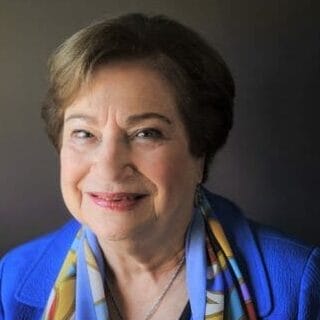
![The Russian Invasion of Ukraine and International Law, Order, and Security [NLC 2022]](https://i.ytimg.com/vi/w6_kxVhyb9M/hqdefault.jpg)


































